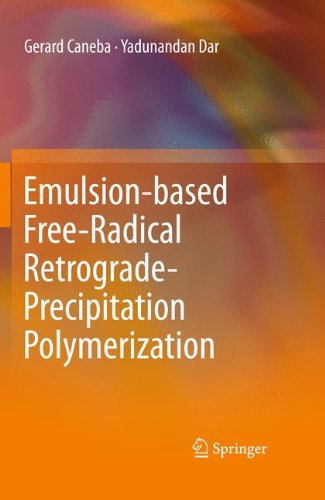

Most ebook files are in PDF format, so you can easily read them using various software such as Foxit Reader or directly on the Google Chrome browser.
Some ebook files are released by publishers in other formats such as .awz, .mobi, .epub, .fb2, etc. You may need to install specific software to read these formats on mobile/PC, such as Calibre.
Please read the tutorial at this link: https://ebookbell.com/faq
We offer FREE conversion to the popular formats you request; however, this may take some time. Therefore, right after payment, please email us, and we will try to provide the service as quickly as possible.
For some exceptional file formats or broken links (if any), please refrain from opening any disputes. Instead, email us first, and we will try to assist within a maximum of 6 hours.
EbookBell Team

4.4
92 reviewsThis monograph is a follow-up material to the first FRRPP book by Gerard Caneba in 2009. It includes additional conceptual results, implementation of the FRRPP process in emulsion media to produce various block copolymers, and other FRRPP-related supplementary topics. Conceptual topics include the application of the quantitative analysis presented in the first FRRPP monograph for the occurrence of the FRRPP process to the polysterene-styrene-ether (PS-S-Ether) and poly(methacrylic acid)-methacrylic acid-water (PMAA-MAA-Water) systems, as well as extensions through unsteady state analysis of the occurrence of flat temperature profiles. Also, the generalization of the quantitative analysis is done to consider molecular weight effects, especially based on changes of the phase envelope to an hourglass type. Topics in implementation of the FRRPP process from pre-emulsions of monomers and the solvent/precipitant are highlighted. Additional FRRPP topics are included in this monograph that pertain to more recent efforts of Gerard Caneba, such as oil spill control, oil dispersant system, and caustic sludge remediation from emulsion-based FRRPP materials, hydrolysis of vinyl acetate-acrylic acid-based copolymers, and other polymer modification studies from FRRPP-based emulsions.